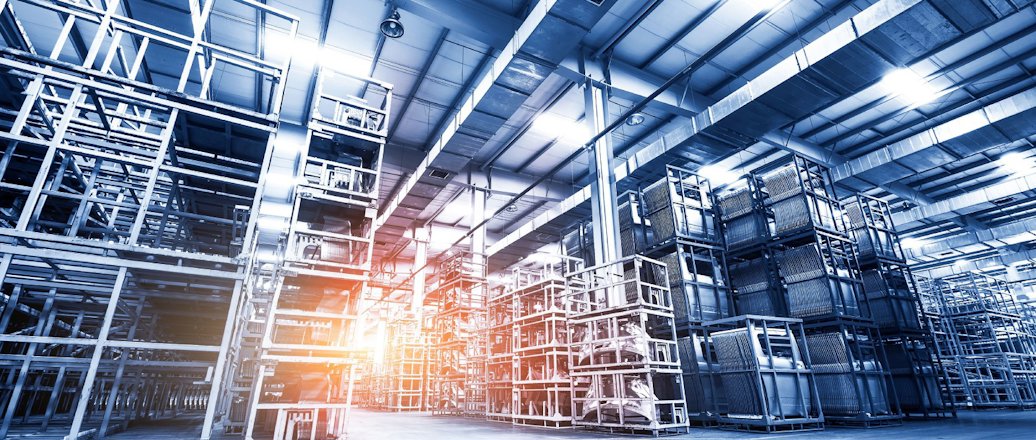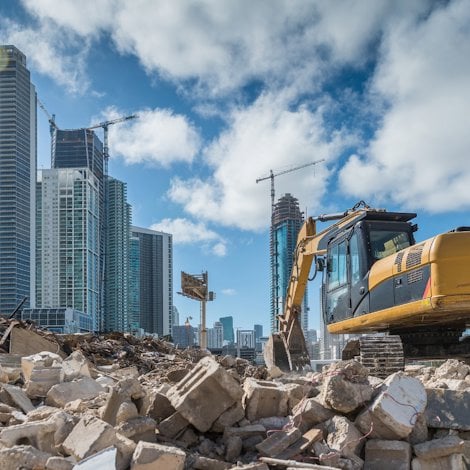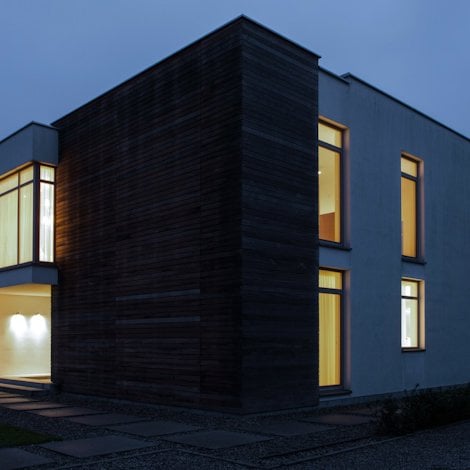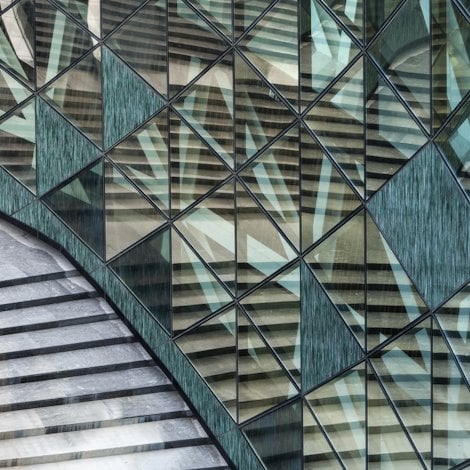How modern warehouses are using aluminium
The dynamic development of the warehouse economy has forced the introduction of innovations in storage facilities. Large halls with their endless shelves? Not anymore. Now we have automated spaces using intelligent technologies, and lots of aluminium. I’ll explain why.
The lockdowns that resulted from the coronavirus pandemic have generally affected industries in a negative way, but some businesses used their lockdown time to develop. The courier industry is an example. Consumers forced to stay home and buy their goods over the internet – people like me and you – have generated a huge surge in work for couriers.
That said, the stay-at-home restrictions caused by the virus also required couriers to adjust the number of workers they had at their sites, on their shifts. The result? More work, fewer people.
Technology is the lifesaver, with courier companies putting up warehouses equipped with automated robotic sorters – because automation is helping speed up processes, while increasing the safety level for employees. Simply put: Courier and logistics companies cannot survive today without modern technology.
Aluminium’s properties meet needs of modern warehouses
Aluminium combines all the features that make it the most popular raw material to create modern and reliable solutions. It is three times lighter than steel, but with no loss in material strength. Durability is an additional advantage: Resistant to corrosion, aluminium can be used in various constructions, guaranteeing maximum strength.
Aluminium profiles can take almost any shape – and extrusion is a process that can be adapted to the requirements of construction and design. In advanced warehouse projects, you can combine individual forms or produce more complex elements, like individually designed grid systems or equipment elements. Moreover, the possibility of anodizing products makes elements coated with such a coating even more resistant to wear and scratching. And this, in the case of frequently used equipment, cannot be overestimated.
These properties make aluminium an excellent choice for upgrading and constructing modern warehouses. It is ideal for creating elements such as modules, shelves and platforms – elements that do not take up a lot of space, and which are characterized by high durability.

Warehouse structures that meet the needs of the investor
The structures can be adapted to meet the investor's needs.
In fact, the whole concept is adapted to the specific requirements of the customer, the stored products and the facility conditions, so that the materials can be accommodated and tailored to size, providing a high-density aluminium grid system with several times the capacity of traditional warehouses.
This isn’t the only application of aluminium in an innovative logistics industry. The 100%-recyclable metal also is perfect for the construction of equipment for full automation of the warehouse.
Even though we are talking about a big investment, experts say it will pay for itself from one to three years, depending on the system’s size.
Improving warehouse logistical processes with automation
New tools and technologies are improving logistical processes and meeting the growing range of customer requirements. We program machines today that can increase the speed of order processing, while reducing mistakes. Like I said, couriers simply cannot achieve satisfactory results without implementing automation.
Automatic storage systems allow warehouses to work in three shifts without additional personnel costs, and to limit activities in the field of organization and human resources management. Optimization also allows us to use space more efficiently, and with energy-saving solutions, CO2 emissions can be reduced.
In a world where speed and price are the most important factors, meeting the needs of the distribution industry is difficult. Intelligent warehousing systems allow for better use of space, faster sorting and delivery of parcels and, consequently, higher profits. Aluminium should play a major role in this process.








